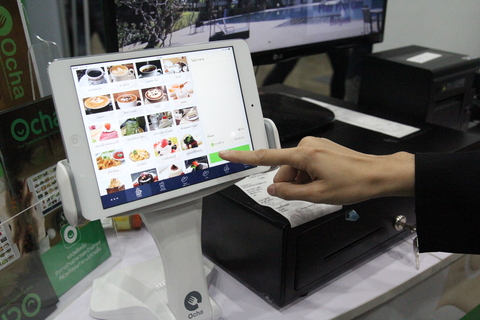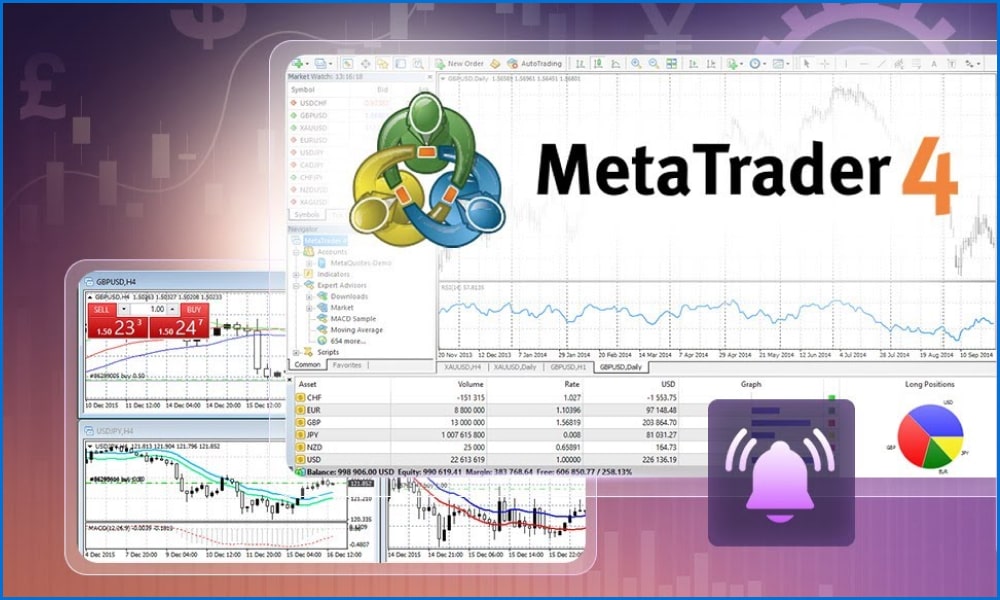A high-risk merchant account is a type of account that is set up for businesses that have been deemed to be at a higher risk of chargebacks, fraud, or other types of financial losses. These businesses may include online gaming, adult entertainment, timeshares, and other industries that have a higher rate of disputes or chargebacks. High-risk merchant accounts typically come with higher fees and stricter underwriting requirements due to the increased risk.
How Does High-Risk Merchant Account Work?
A high-risk merchant account works similarly to a traditional merchant account, but with additional measures in place to mitigate the increased risk. When a business applies for a high-risk merchant account, the acquiring bank or payment processor will perform a more thorough review of the business’s financial history, operations, and customer base. This can include a review of the business’s website, marketing materials, and customer service practices.
Once approved, the business will be set up with a merchant account that allows them to accept credit and debit card payments. However, due to the increased risk, the business may be required to pay higher fees, such as higher discount rates or monthly fees, and may also be subject to more frequent account reviews and reserve requirements.
Additionally, high-risk merchants may be required to implement additional fraud prevention measures, such as 3D Secure or Secure Code. They may also be required to use a payment gateway that includes advanced fraud screening tools and chargeback management services.
Overall, high-risk merchant accounts are a way for businesses in certain industries to still accept credit card payments, but it comes with additional cost and regulatory compliance.
Reasons a Merchant May Be Considered High-Risk
There are a number of reasons why a business may be considered high-risk. These can include the industry they operate in, their processing history, or their geographical location. Some industries that are typically considered high-risk include online gaming, adult entertainment, timeshares, and cryptocurrency exchanges. Merchants may also be deemed high-risk if they have a history of chargebacks or fraud, or if they operate in a country with higher rates of payment fraud.
In addition, businesses may be considered high-risk if they process high-value transactions or sell products that have a longer shipping time. This is because these types of transactions are more susceptible to chargebacks and other forms of fraud. Finally, businesses that have a high volume of transactions may also be considered high-risk due to the potential for increased fraud.
Benefits of High-Risk Merchant Accounts
High-risk merchant accounts can provide many benefits to businesses in certain industries. Most notably, they allow businesses to still accept credit and debit card payments even if they operate in a high-risk industry. Additionally, these accounts can help businesses manage their chargebacks and fraud more effectively. They also provide access to payment gateways that include advanced fraud prevention tools, which can help reduce the number of fraudulent transactions.
Finally, high-risk merchant accounts may come with lower fees than traditional merchant accounts, depending on the acquiring bank or payment processor. This can be beneficial for businesses that need to keep their processing costs low.
Overall, high-risk merchant accounts are an important tool for businesses in certain industries who need to accept credit and debit card payments. They allow these businesses to manage their risk more effectively while still providing them with the ability to accept payments online.








